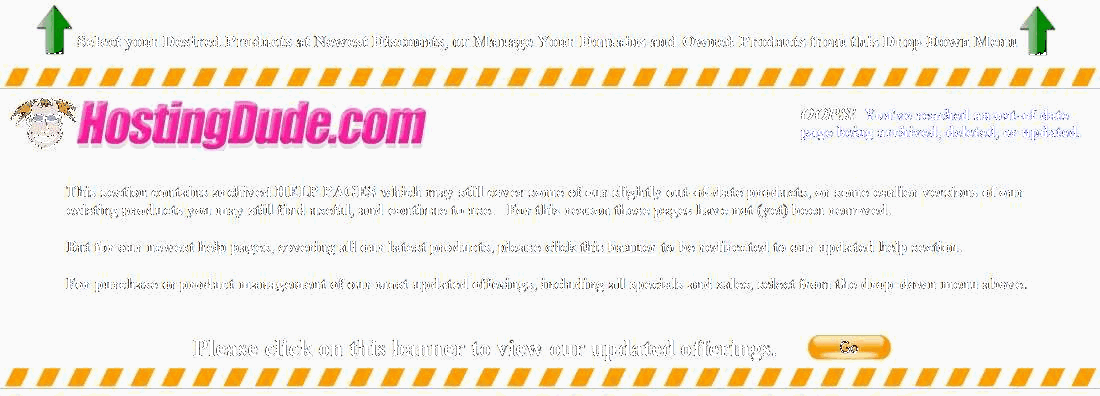Does Express Email Marketing help me comply with anti-spam legislation?
Yes. The Controlling the Assault of Non-Solicited Pornography and Marketing Act of 2003 (Can-Spam Act) went into effect January 1st, 2004 and is the primary legislation governing spam. The CAN-SPAM Act outlines various legal requirements for commercial email. For example, the CAN-SPAM Act's provisions ban false or misleading header information and deceptive subject lines. The Act requires an opt-out method to be included in every email, that commercial email be identified as an advertisement, and the inclusion of the sender's valid physical postal address. For more information on the CAN-SPAM Act, see the Federal Trade Commission website.
Please note that the CAN-SPAM Act is the minimum required standard with regard to bulk or commercial email. Various Email Service Providers can (and often do) implement more stringent anti-spam measures and requirements.
Express Email Marketing® is designed to assist you to comply with the CAN_SPAM Act; however, only you can fully protect yourself by ensuring that your marketing practices don't violate this important legislation.
Express Email Marketing helps you to comply with the CAN-SPAM Act by:
- Adding company name and address information to each campaign.
- Providing links to unsubscribe (opt-out) mechanisms and reporting spam abuse in each campaign mailing.
- Prohibiting misleading header information.
- Clearly identifying and validating the From address, the intended Contact, and the date of the subscription.
- Automatically removing Contacts upon request.
Express Email Marketing also provides a spam analysis tool that looks for words or phrases in your campaign that may be considered as spam by some spam filtering products and email systems. For more information, see What is Preview/Spam check?
We suggest you read the full text of the law and obtain more information from electronic marketing organizations before engaging in email marketing. In general, your responsibilities include:
- Avoiding the use of false, misleading, or deceptive subject lines in your campaigns.
- Avoiding the use of a false or fraudulent company name and physical address.
- Ensuring that all members of your Contact list have given you direct consent to include them in your Contact list.





